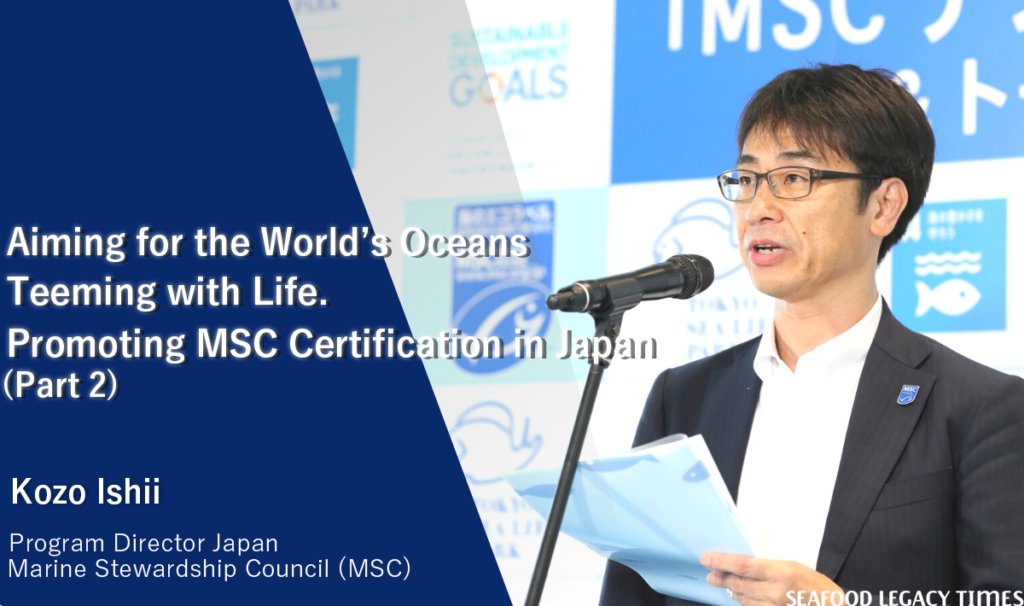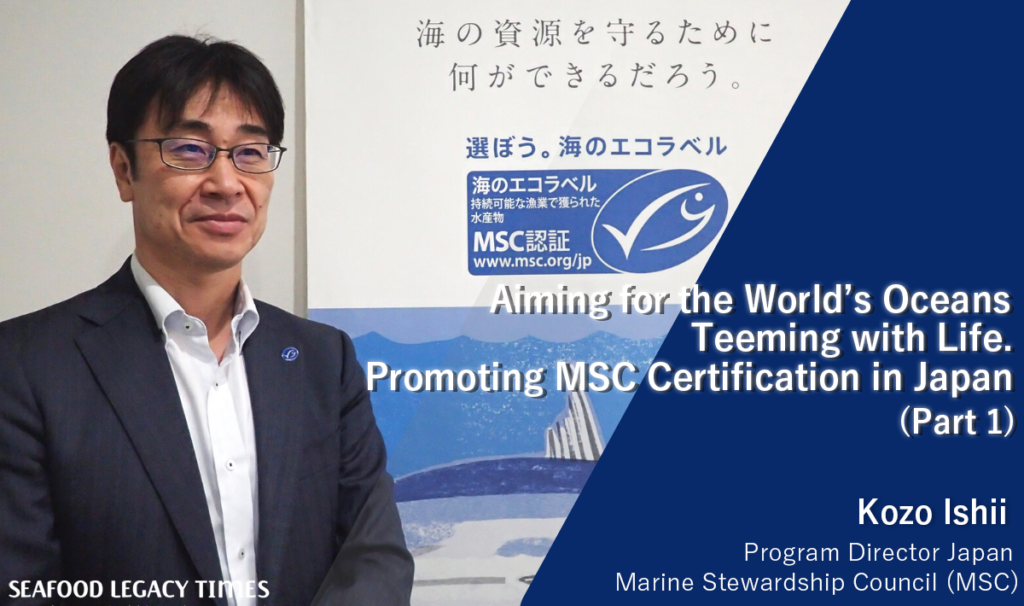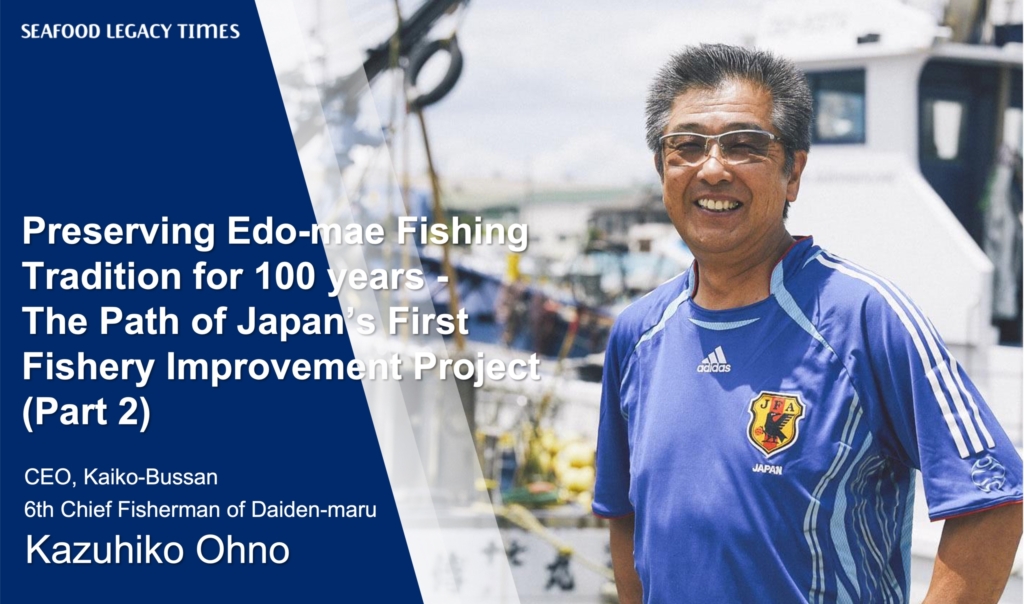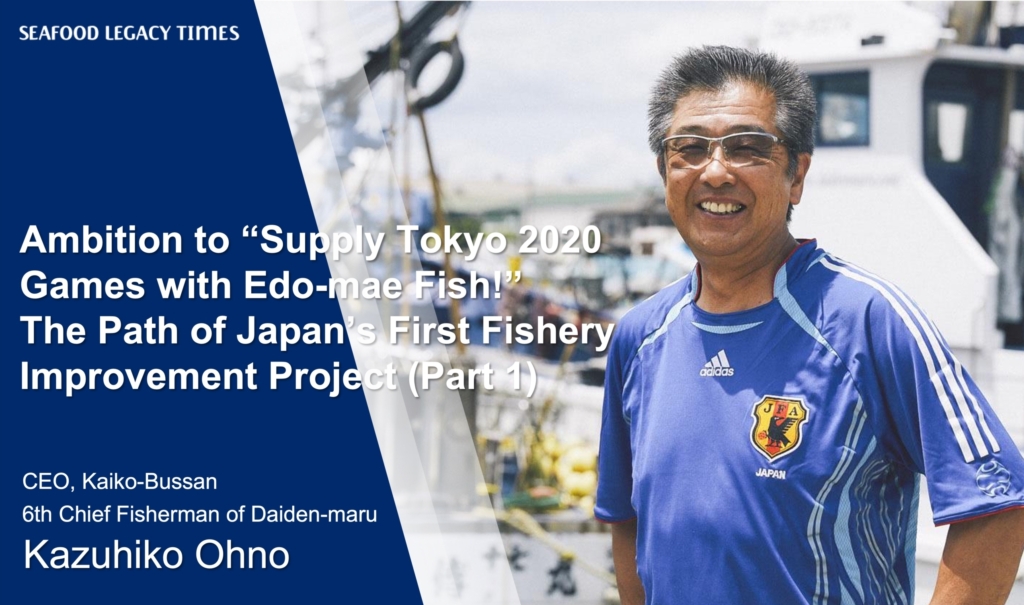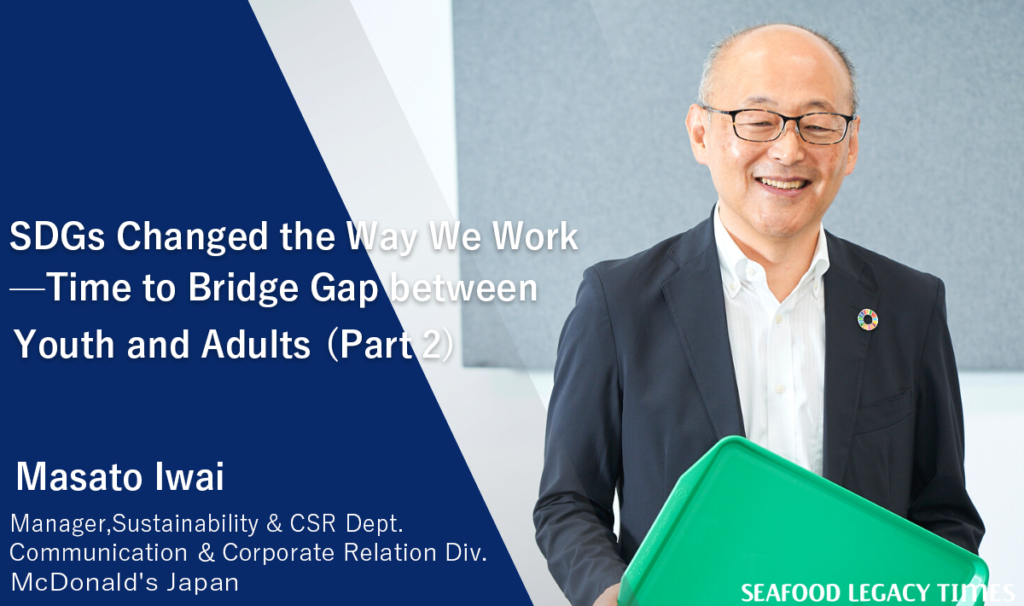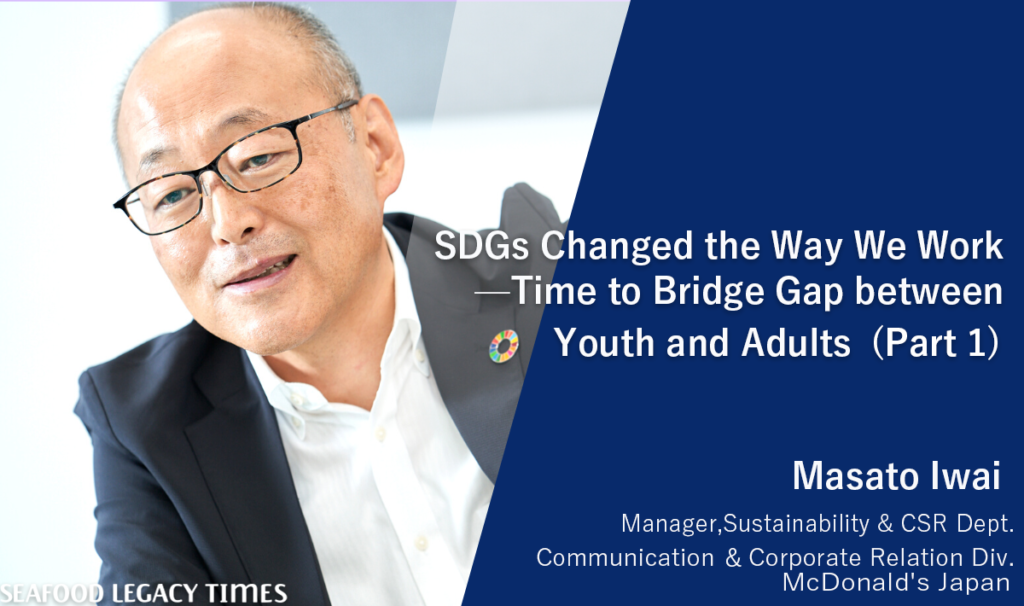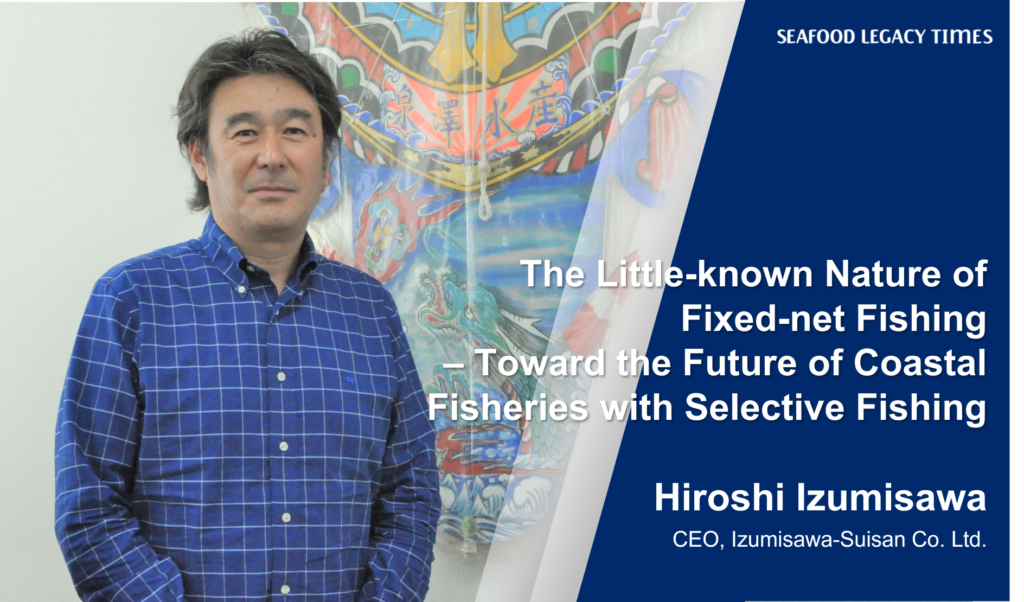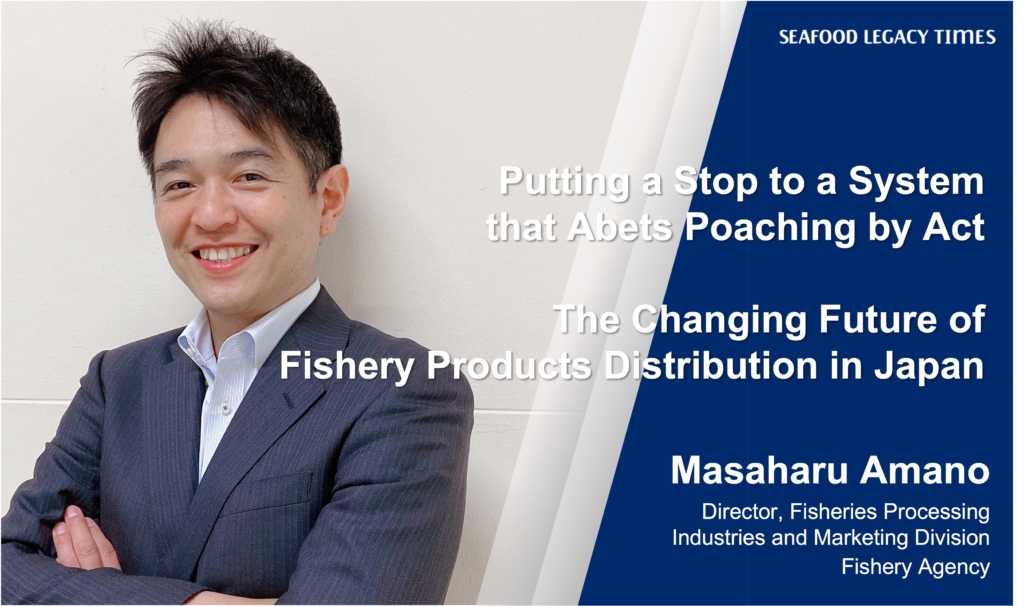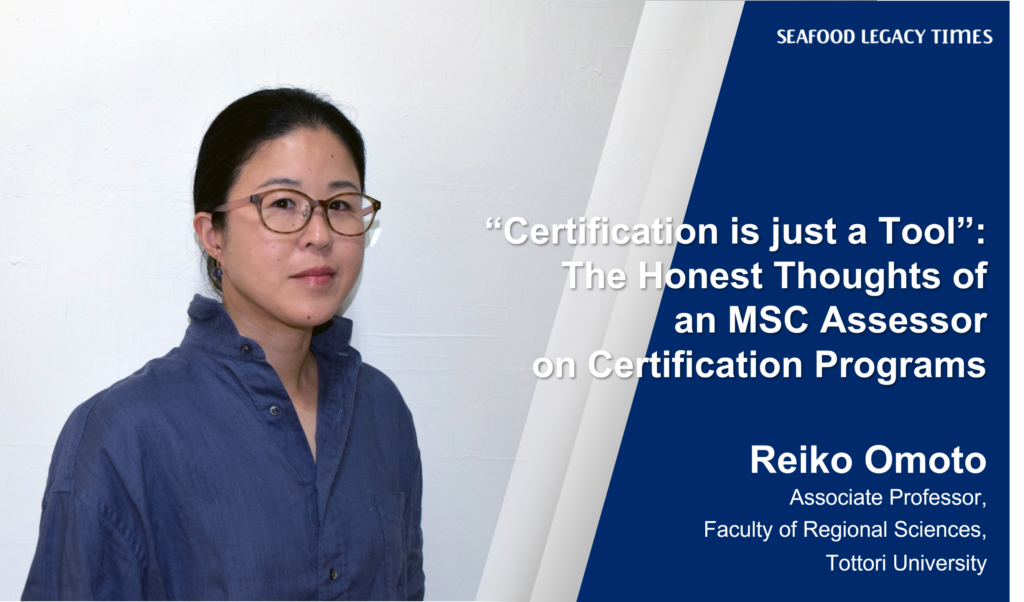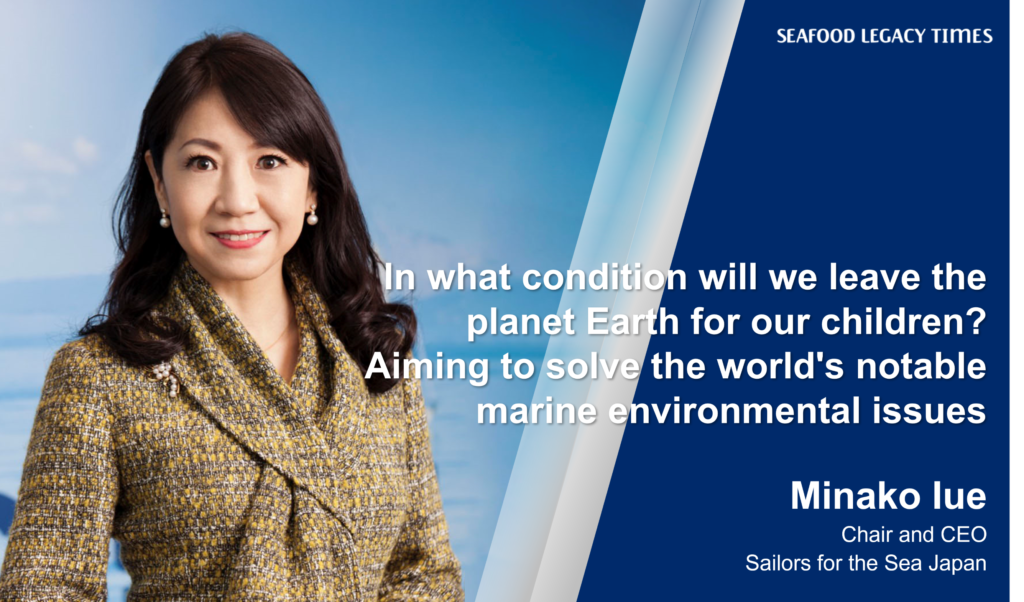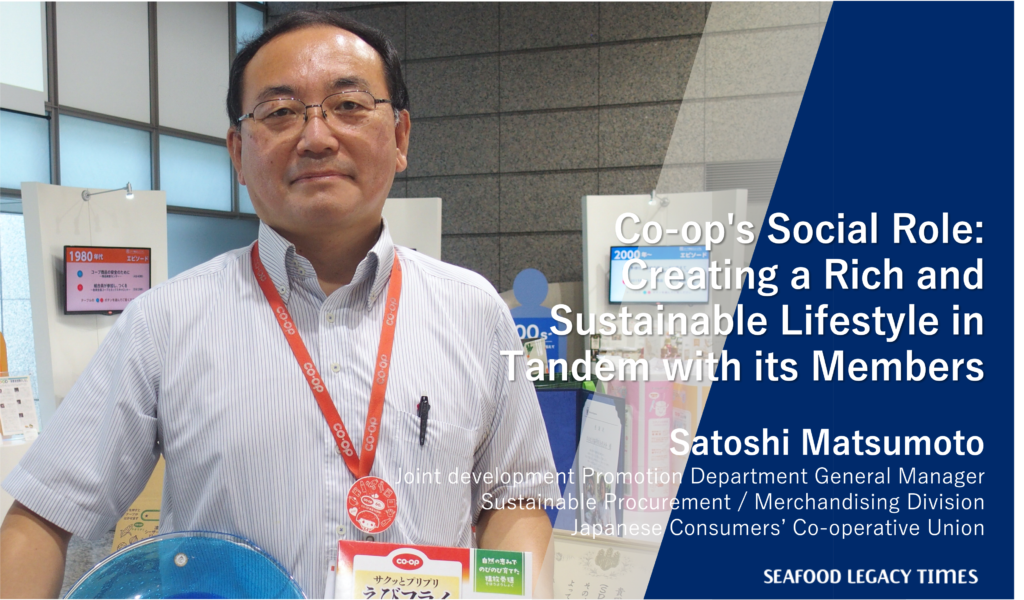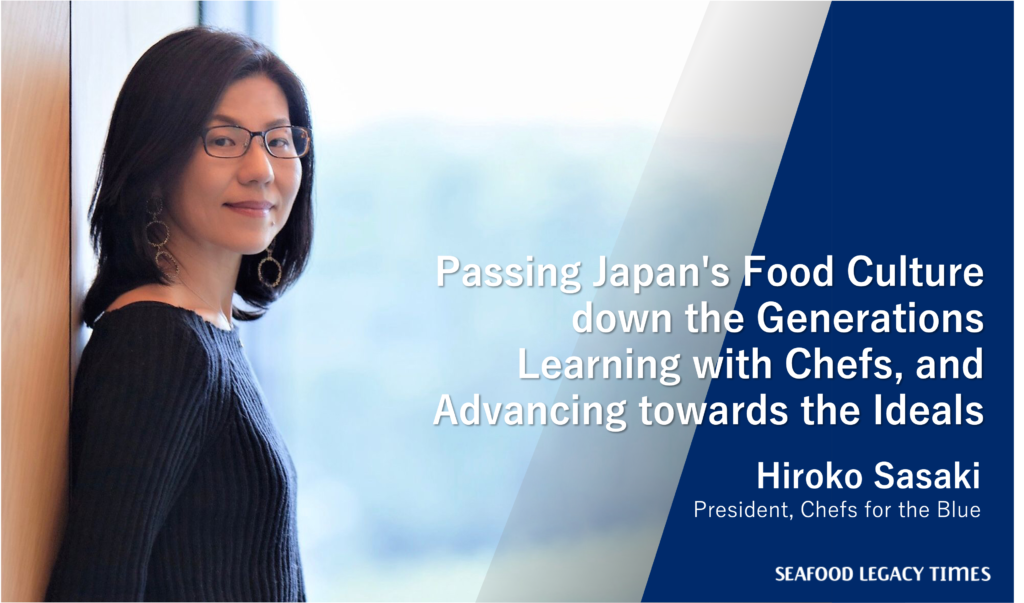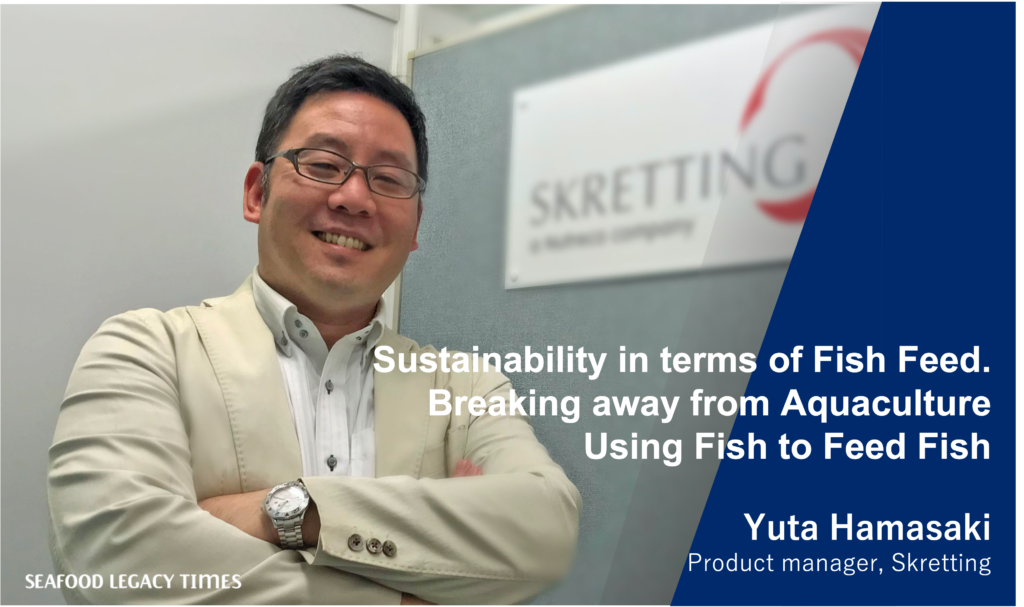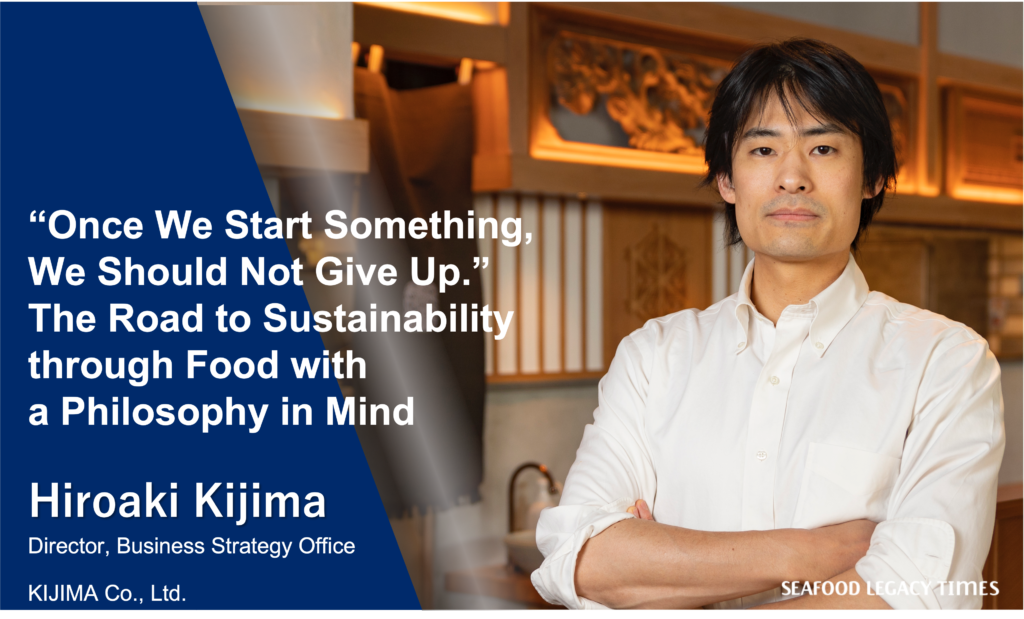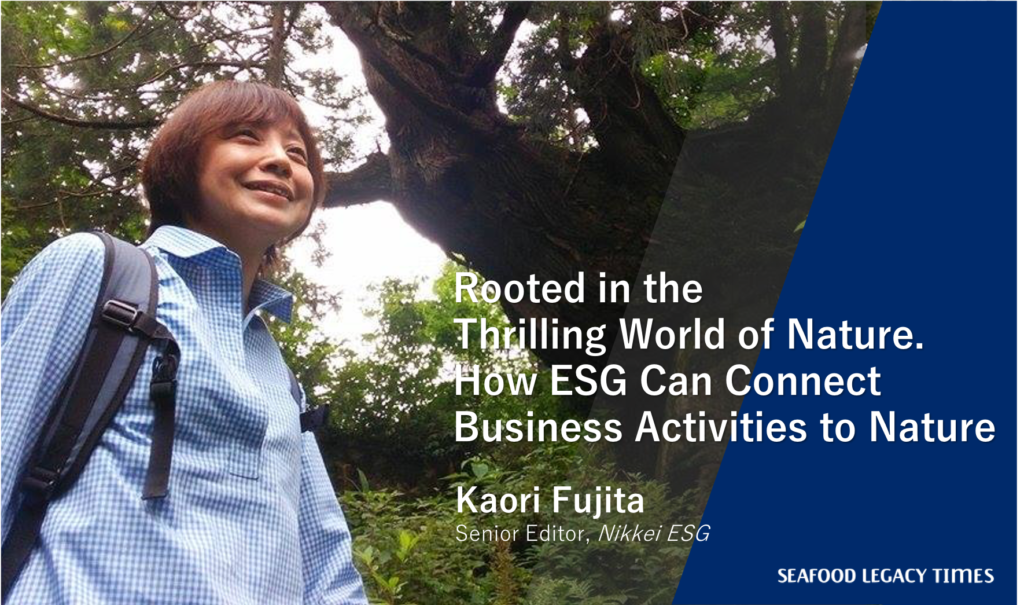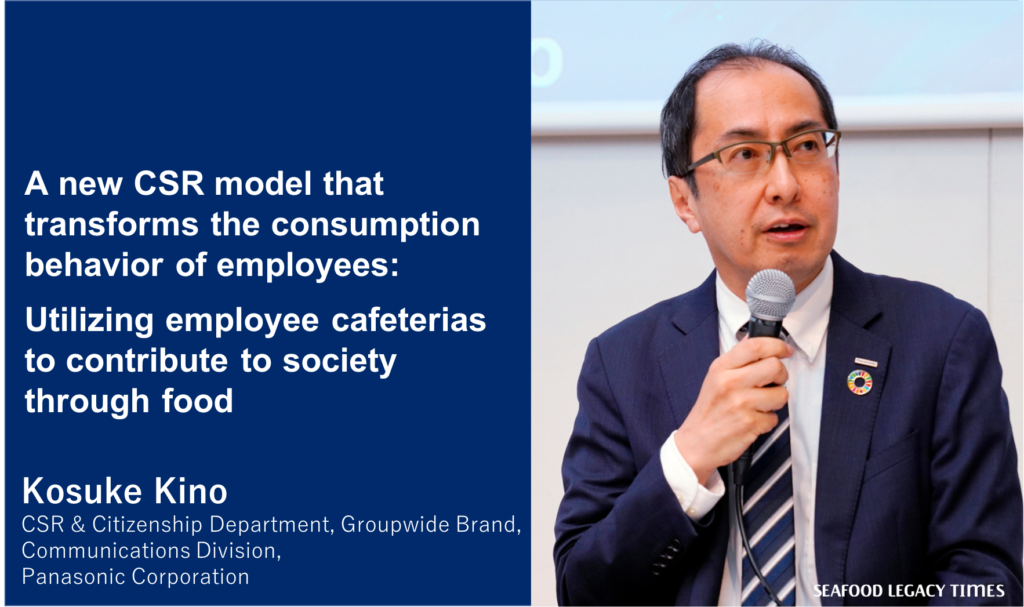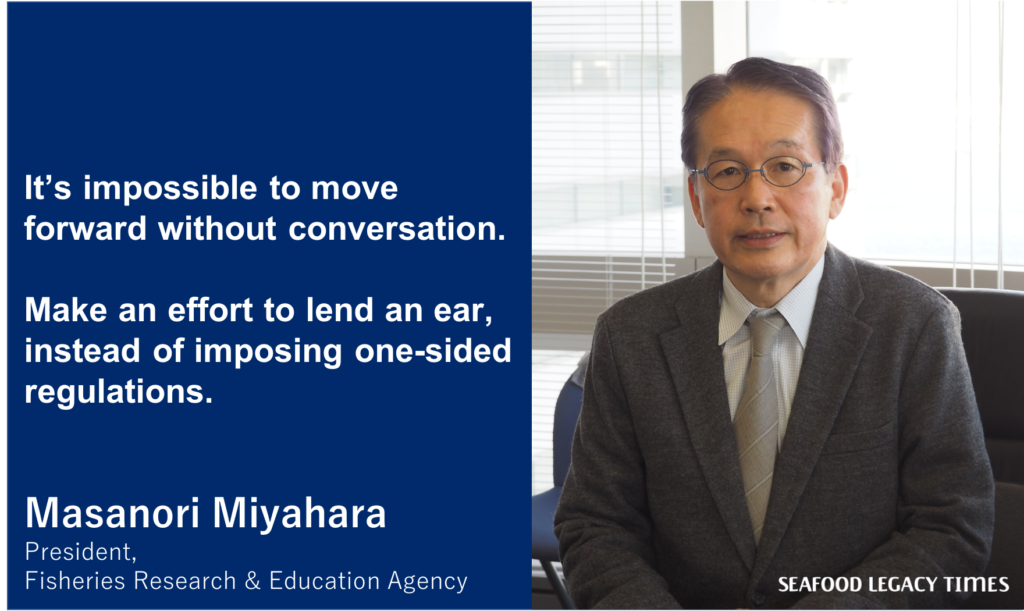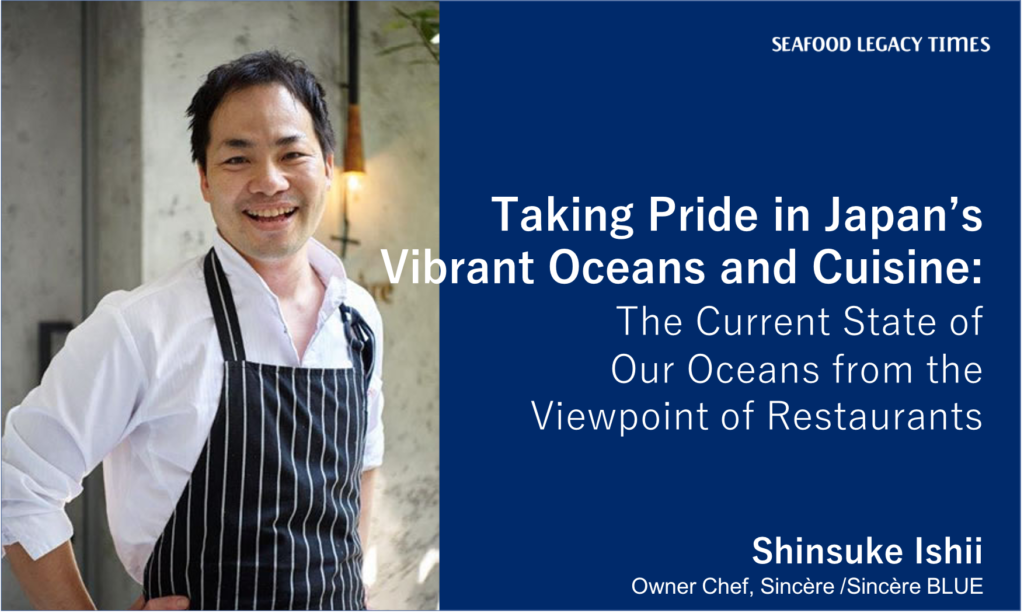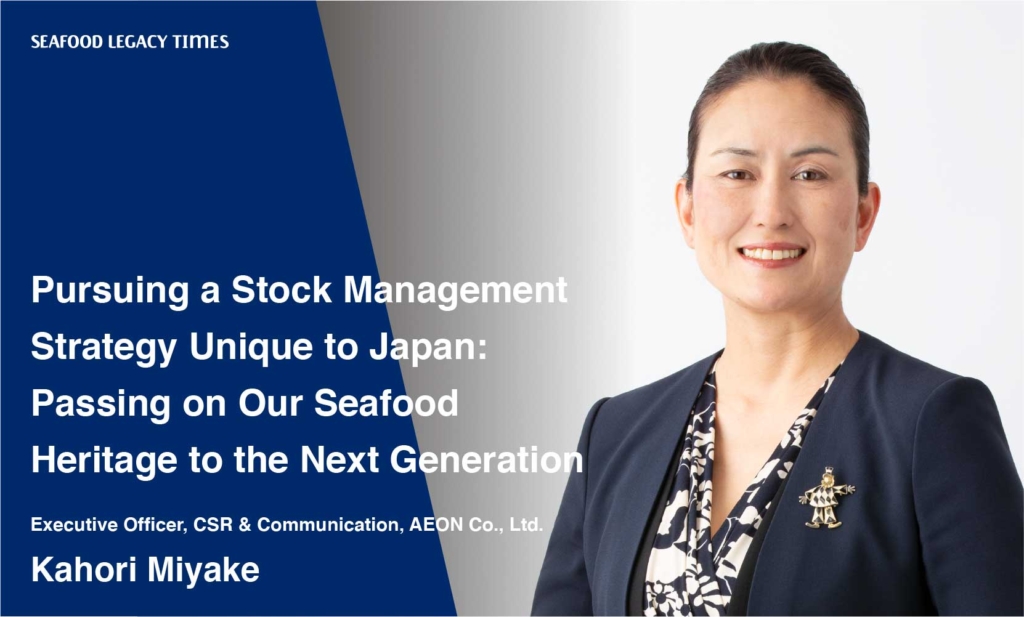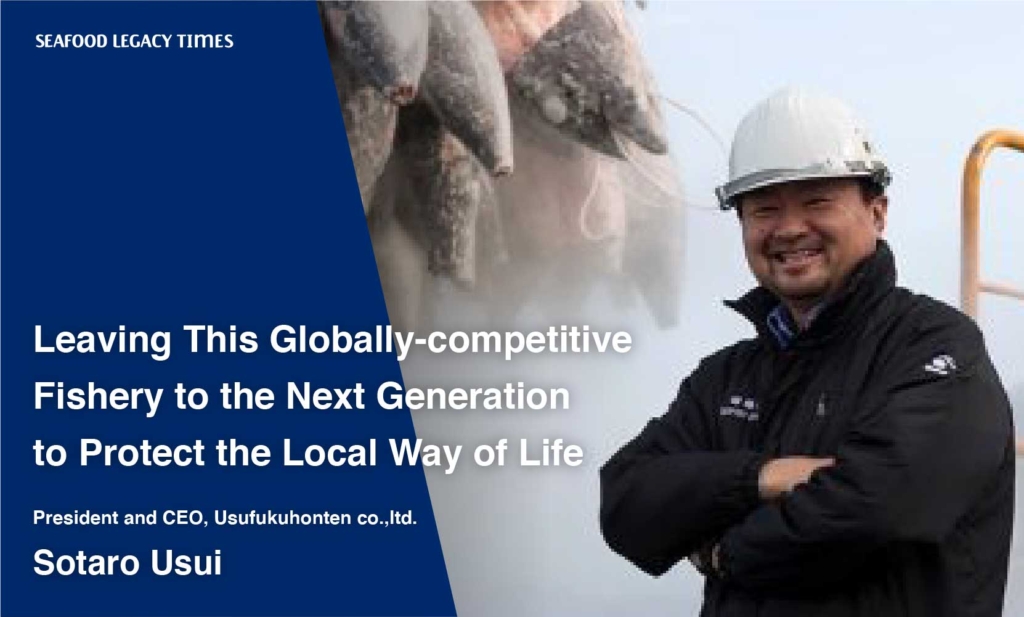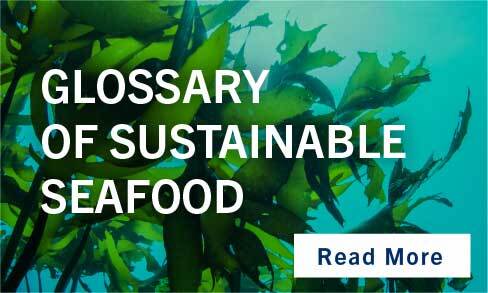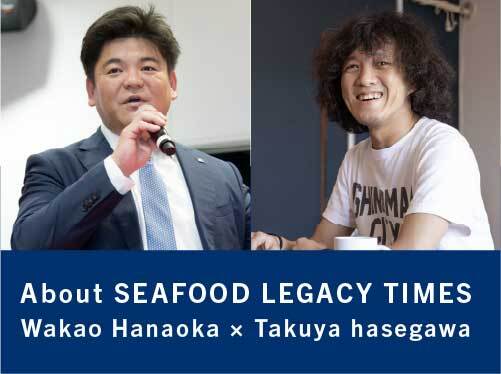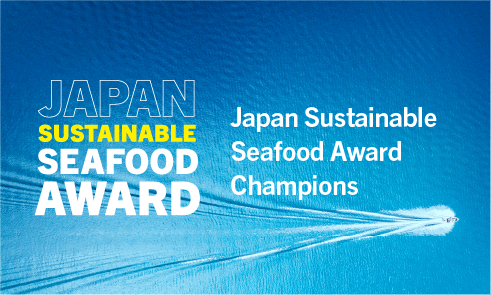
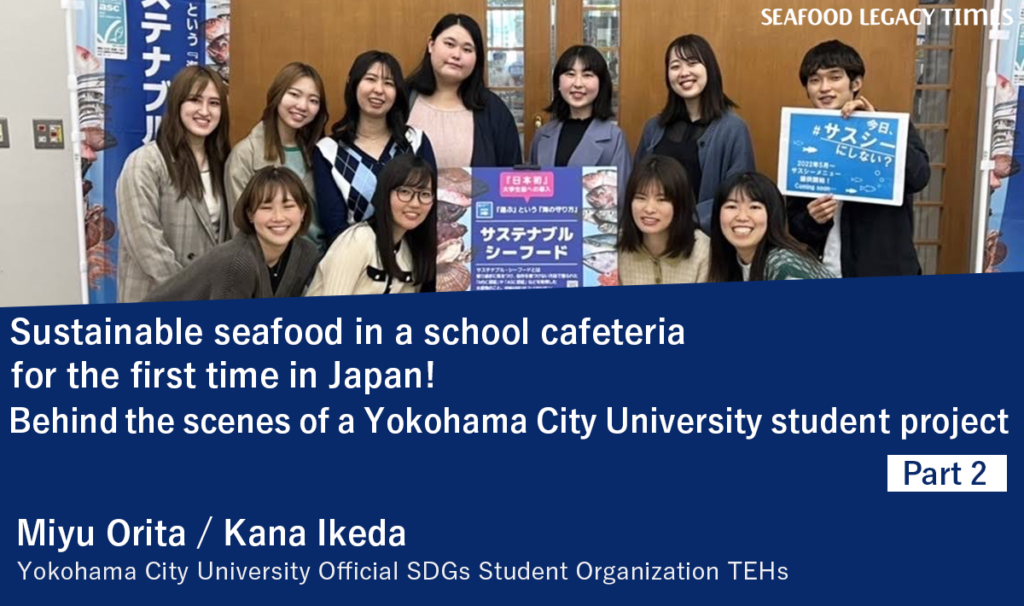
In the 5th year since the founding of the Yokohama City University Official SDGs Organization TEHs, 3rd term members were severely critiqued by the university and told they didn’t seem to have the passion to continue. After that, they held multiple meetings to discuss how to develop TEHs in the future.
In Part Two, we will ask about the specifics of the “Sustainable Seafood project” that brought sustainable seafood to a university cafeteria for the first time in Japan, about future prospects, and about members’ thoughts on Japan’s fishery industry.
<<<(Read Part 1)
——In Part One you told us that in TEHs’ fifth year, you were criticized by the university for not seeming as passionate as the founding members. It seems like this became a motivation for you.
Ikeda:
When TEHs was first launched, the group was featured in various media and got lots of attention. The university has also supported us in continuing our projects, but that alone isn’t enough and I think that’s why we got such a severe critique. I think they want students to take the lead and have a specific vision of what exactly we want to do and how we’re going to step up.
Now that I think about it, I can understand that this was a time we needed to think seriously about our future so TEHs activities can continue next year and the year after, and I think the university’s critique was important.
Orita:
It had been five years since TEHs was started, the founding members graduated, and the morale of the remaining members was definitely lower. The critique from the university motivated the members to band together, and now we’re all working together to provide a new menu.
——Tell us about the menus you’ve offered through the Sustainable Seafood project. What was on your first menu?
Orita:
In May last year, for the first time we offered the “Sustainable Seafood Mixed Bowl” (¥494, tax included for all hereafter) with a side of “Sustainable Seafood Chikuwa Salad” (¥118). For the “Sustainable Seafood Mixed Fried Bowl,” we used MSC certified fried squid rings, MSC certified fried white fish, and MSC certified fried shrimp. The “Sustainable Seafood Chikuwa Salad” was topped with chikuwa fish cake made of MSC certified minced fish. In June, we offered “Sustainable Seafood Shio Ramen” (¥396) using ASC certified steamed clams.
Except for long-term holidays, the Sustainable Seafood Project menu is offered every month for the first week only. We offer a different menu almost every time, and sales are limited to 50 meals per day. We’ve mostly achieved this goal, but the most popular of all was the “Sustainable Seafood Mixed Fried Bowl” we first offered.
Right now we’re on summer break, so we’re developing the menu we’re going to offer for the new semester starting in October. We’re thinking of incorporating cod roe, shrimp, and Pacfic cod into the menu. In the future we’d like to increase the number of menu offerings and also develop more seasonal menus.
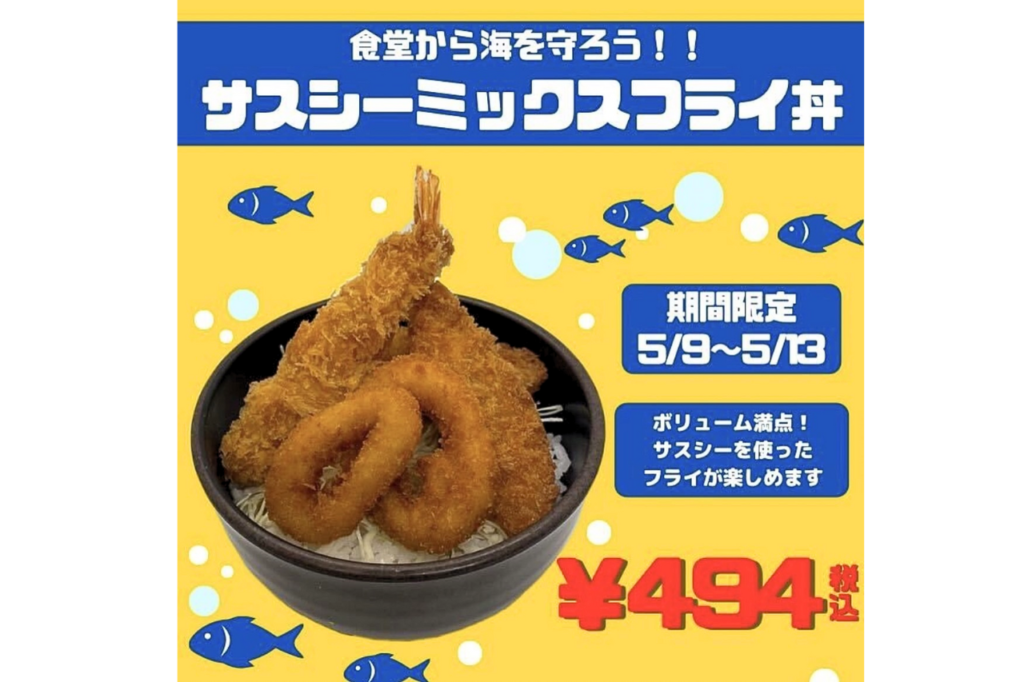 The “Sustainable Seafood Mixed Fried Bowl” first offered in the Yokohama City University cafeteria
The “Sustainable Seafood Mixed Fried Bowl” first offered in the Yokohama City University cafeteria——The cafeteria kitchen staff works with you to develop the menu, right?
Orita:
Yes. The students come up with the content for the menu, but the cafeteria staff also proactively make suggestions like, “It would be better to do it more like this,” or “We tried changing the flavor a little.” To obtain the CoC certification, we also need to secure traceability and make sure to separate our dishes from other foods, and they received training for that. The cafeteria staff support us on all fronts.
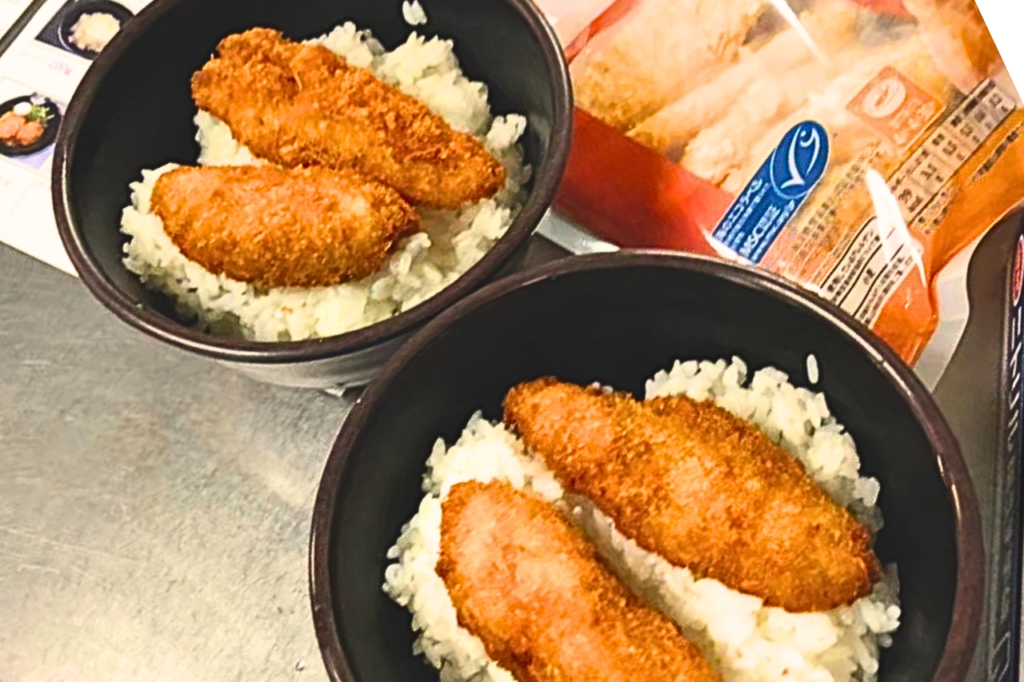 Cafeteria staff help taste test to develop the menu
Cafeteria staff help taste test to develop the menu——How have students reacted to the Sustainable Seafood Project?
Orita:
In the surveys we’ve done of students who ordered from the Sustainable Seafood menu, some students said they learned about sustainable seafood and the SDGs through this project. Some also said they started choosing sustainable seafoods when shopping for themselves. We’ve also been interviewed by students from Keio University who said they wanted to learn from our project.
——Have you had any new realizations through the Sustainable Seafood Project?
Orita:
Unfortunately, I’m realizing it’s quite difficult to get people to take action. We did have some people respond to the survey saying they learned about sustainable seafood through the project and started buying it themselves, but there weren’t very many of them. Sustainable seafood is a little more expensive than non-sustainable seafood, so not many students take action even when they become aware of the issue.
I also feel like people still aren’t very familiar with sustainable seafood in Japan overall. We learned about the SDGs and sustainable seafood in our university courses, but maybe it would be better if students had more opportunities to learn about this sooner, like if people in the industry could be invited to give guest lectures at middle schools and high schools.
I think it’s also important for us as university students to keep an eye out so we can collect information for ourselves. By having an interest in learning and actively choosing sustainable seafood, we can contribute to the future of our society.
——To conclude, what are your goals for the future?
Orita:
When TEHs was first launched, the goal was to spread awareness of the SDGs at Yokohama City University. Based on this goal, in the future we want to continue to help more students learn about and try sustainable seafood. In addition, we also want to set a goal of changing students’ behavior to encourage them to buy more sustainable seafood in their everyday lives.
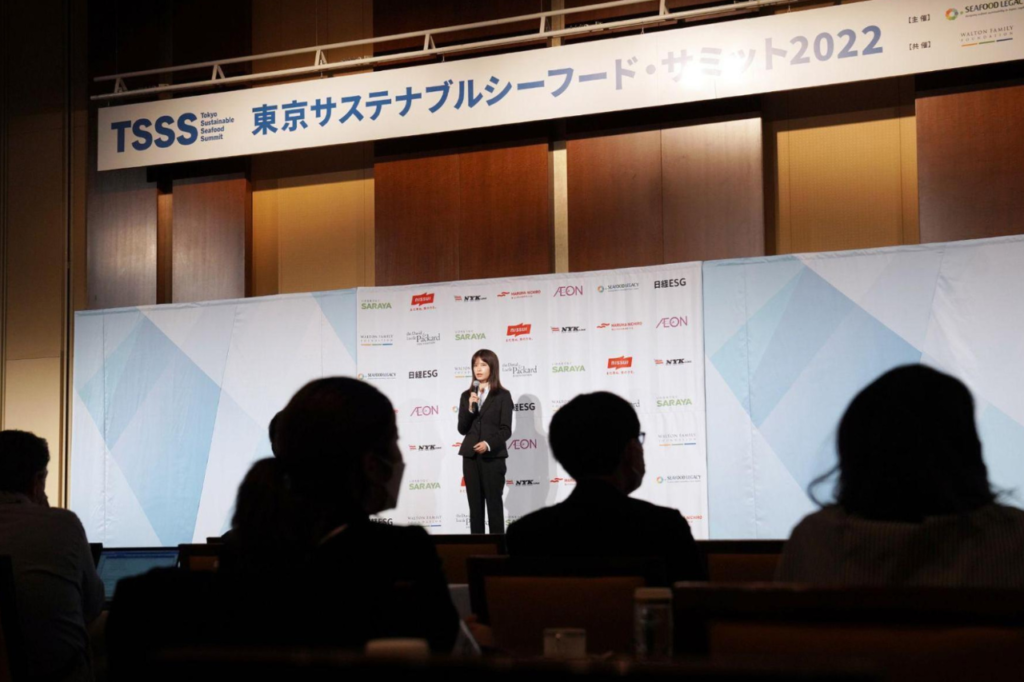 At the 2022 Tokyo Sustainable Seafood Summit
At the 2022 Tokyo Sustainable Seafood SummitIkeda:
In the future, I hope TEHs can be a platform that decreases the separation between students and society. In Japan, students don’t have many opportunities to make contact with companies. That’s why TEHs applied to the “Japan Sustainable Seafood Award” and actively participates in other events. I think interacting with companies and organizations at those events will help us expand our activities even more in the future.
TEHs
A Yokohama City University Official Student Organization. Student volunteers who had developed an interest in the SDGs through their university classes gathered to start the group in August 2019. In February 2020 it became an official university organization, and in May 2022 the organization became the first in Japan to bring sustainable seafood to a school cafeteria. The group celebrated its 5th anniversary in August this year, and was selected as a U-30 division finalist in the 2022 “Fourth Annual Japan Sustainable Seafood Award.” They post about their activities on Instagram ( @tehs22__/@ycu_tehs_sustainableseafoodpj ) and Twitter ( @TEHsycu ).
Original Japanese text: Shino Kawasaki




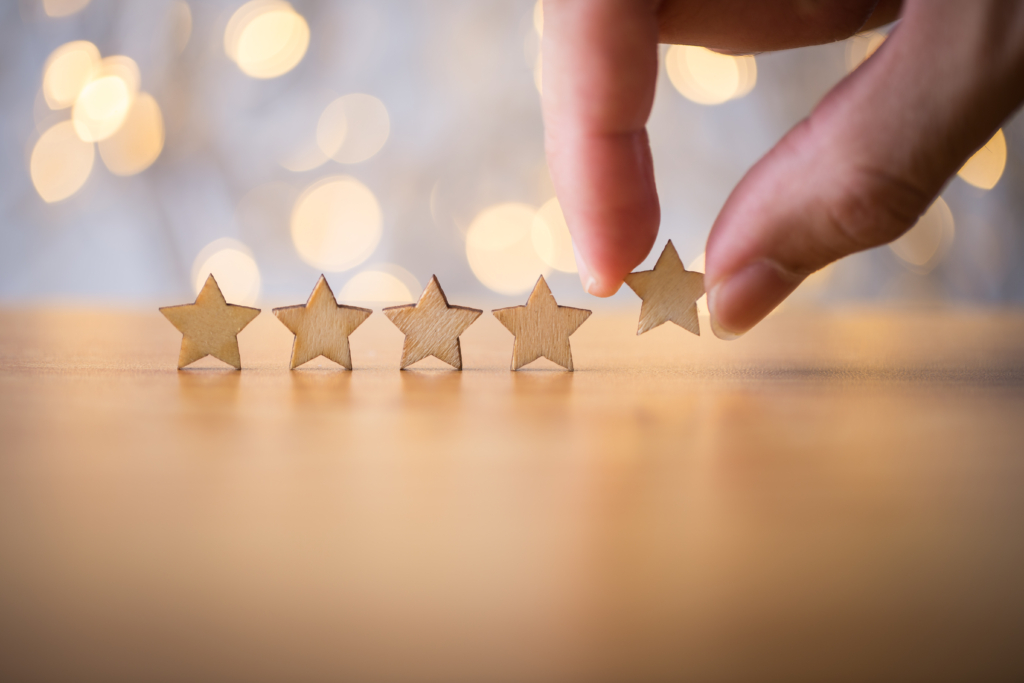




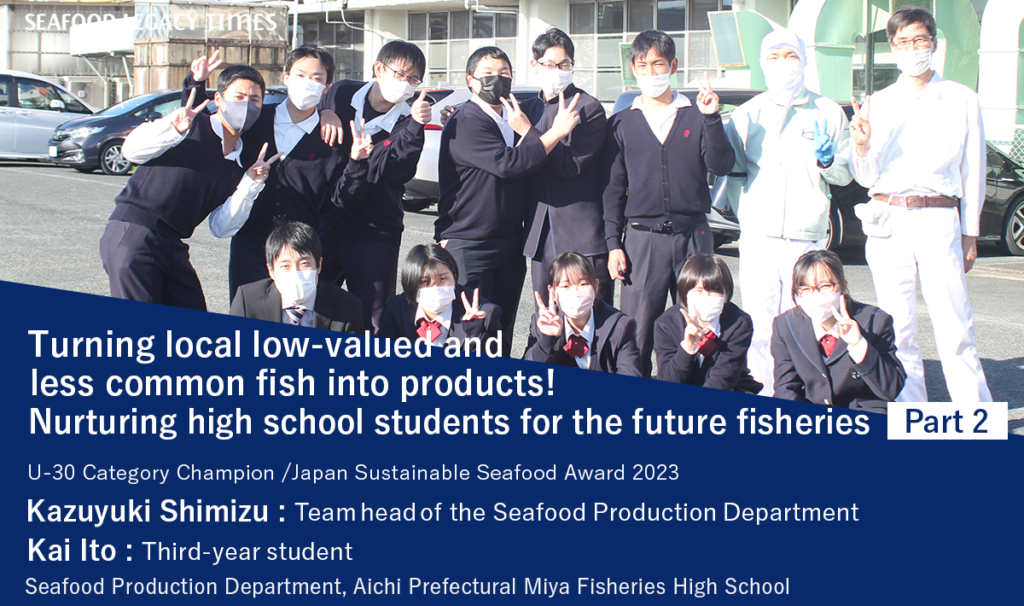
-1024x606.png)


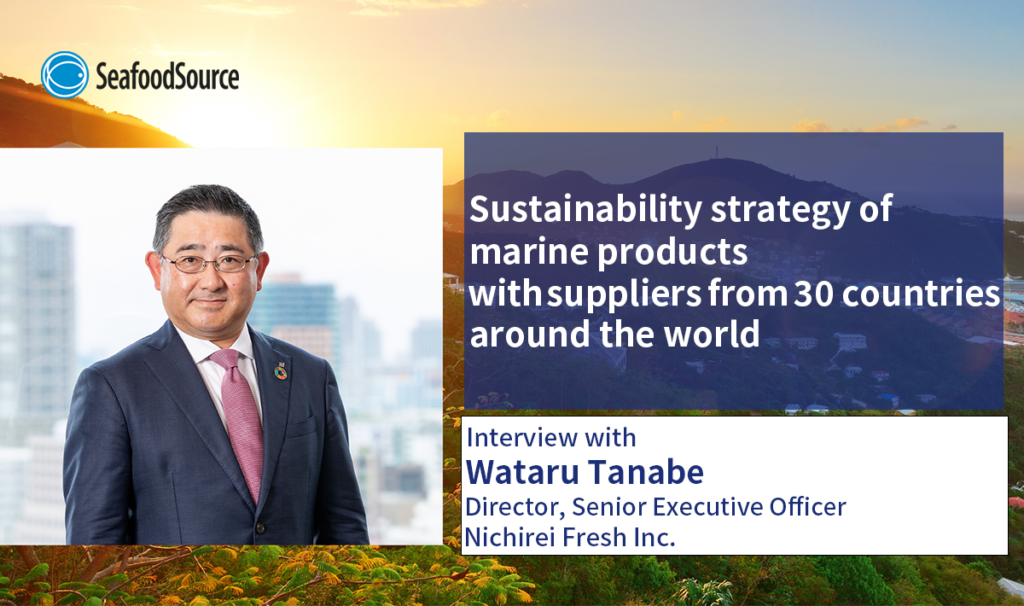
_-1024x606.png)


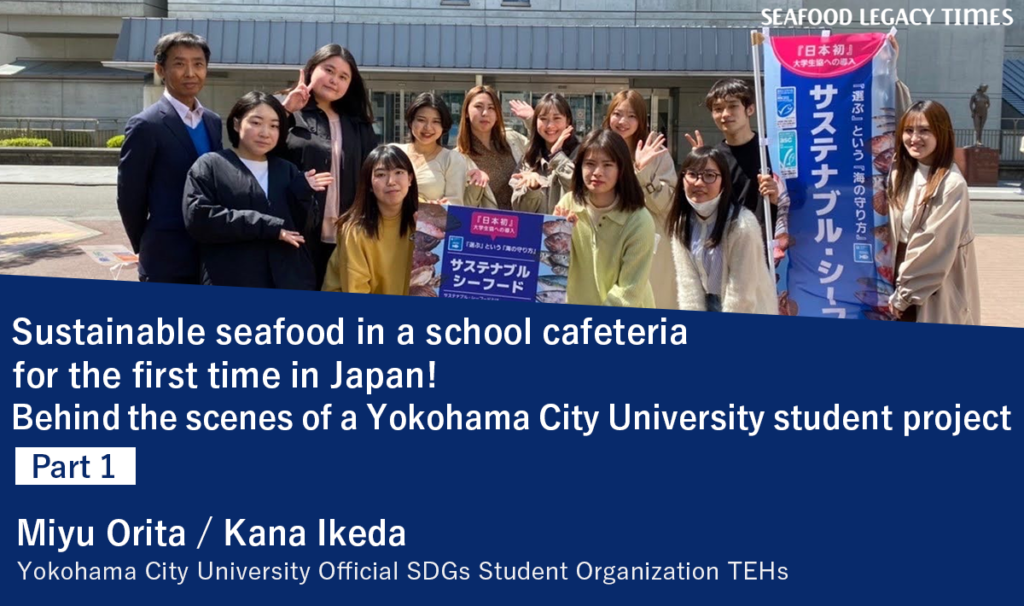



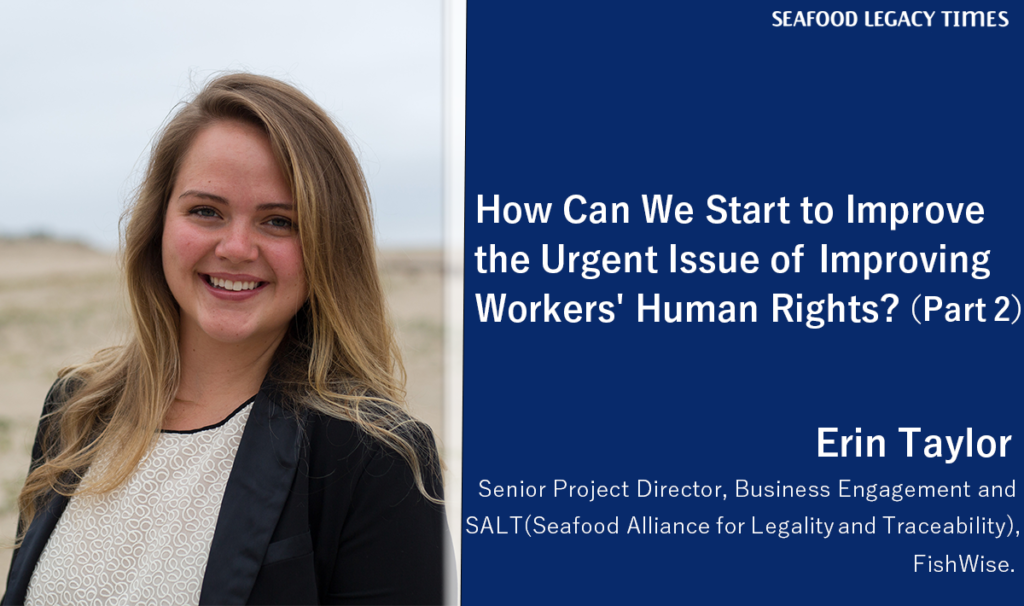
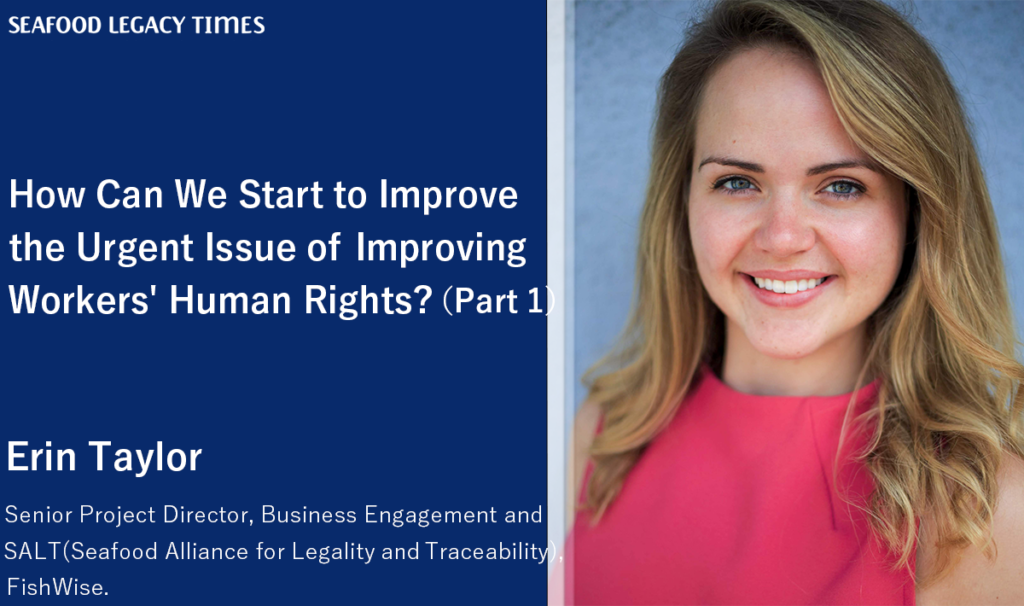
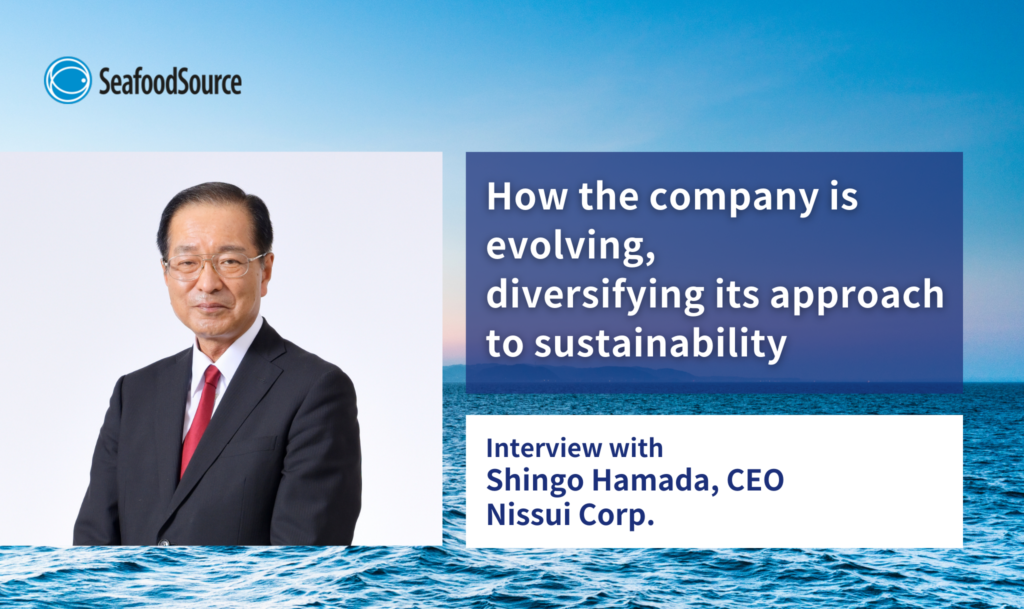




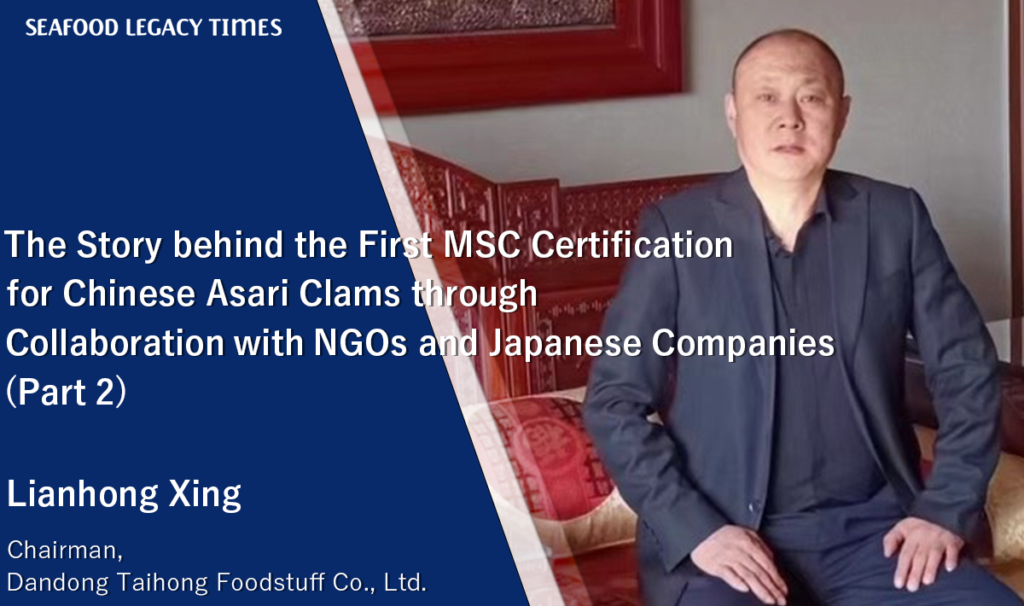
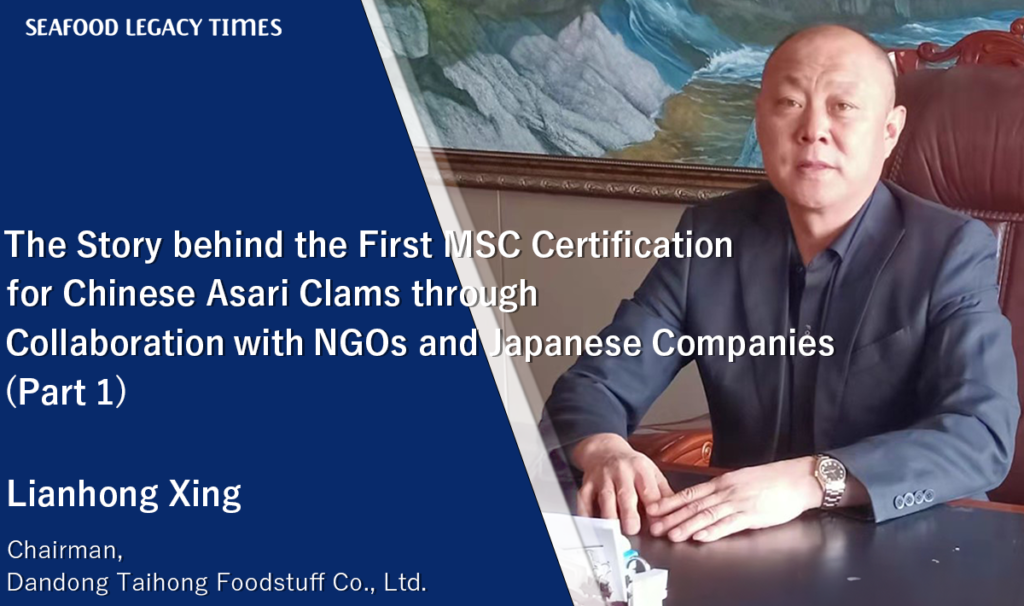

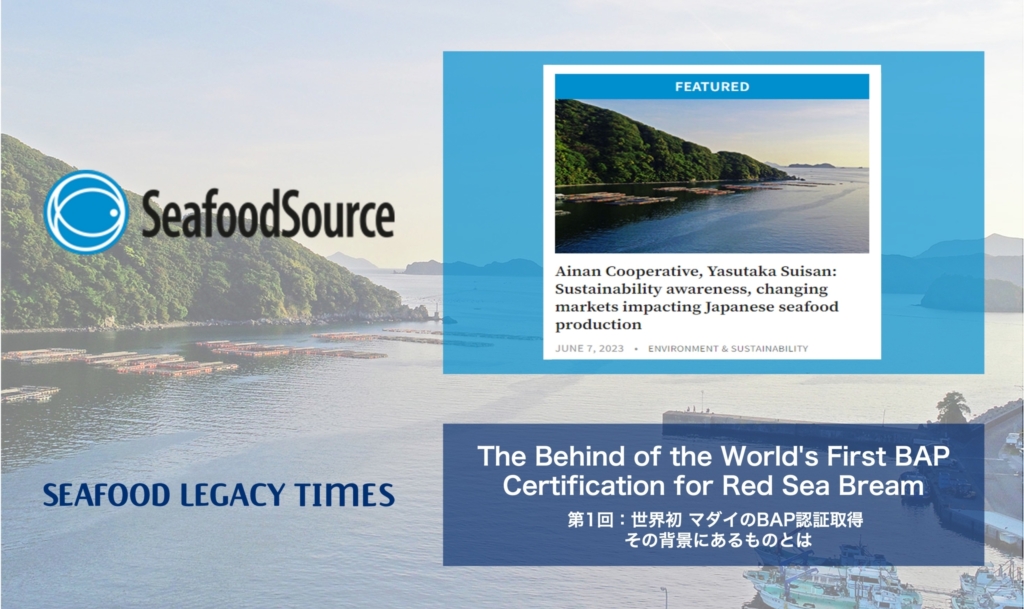

1_修正524-1024x606.png)


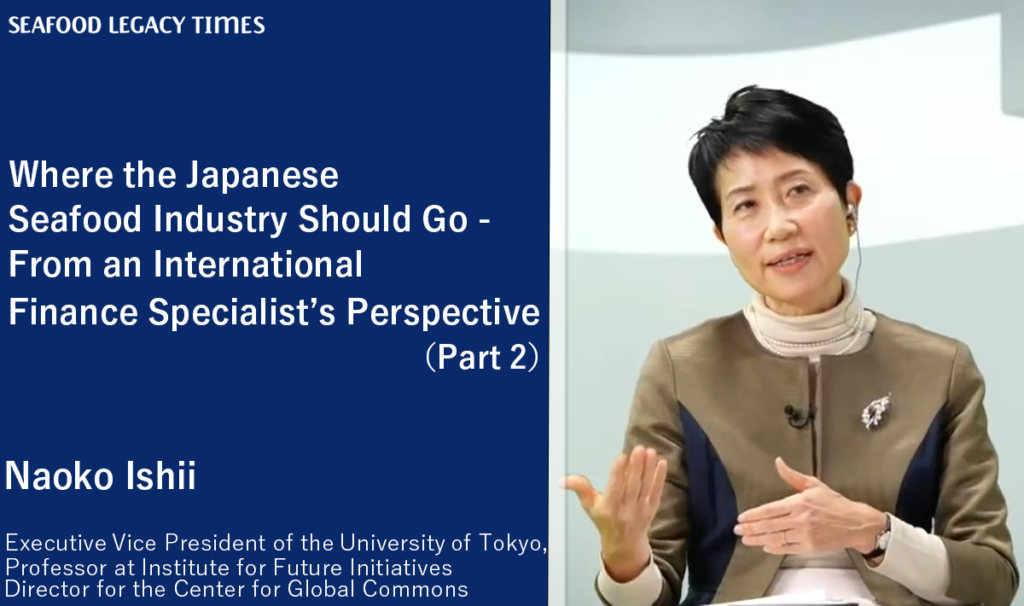







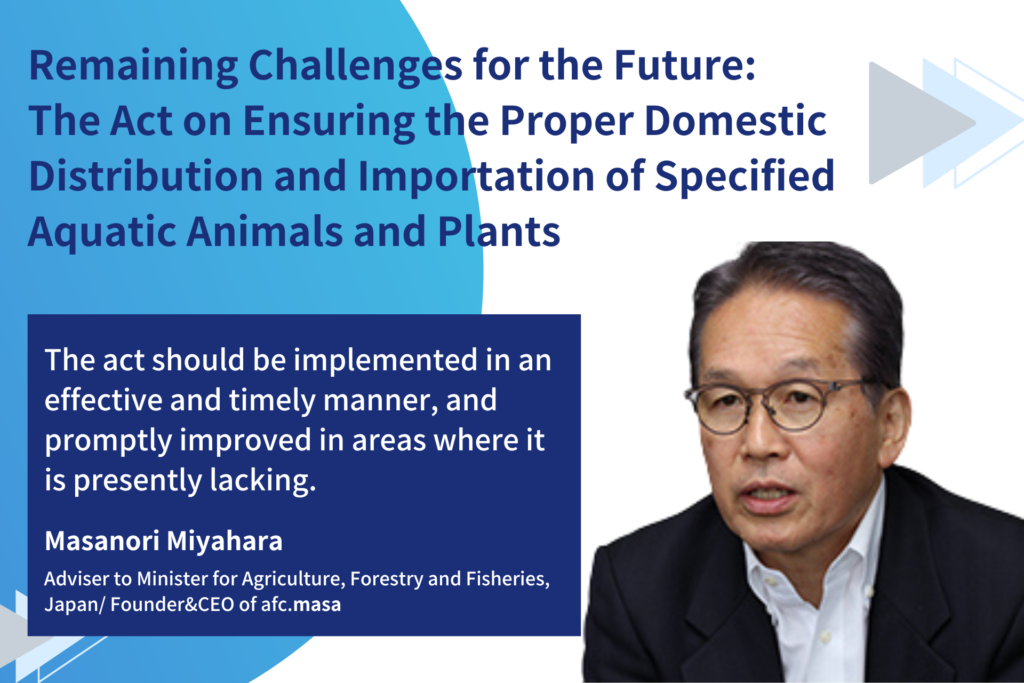
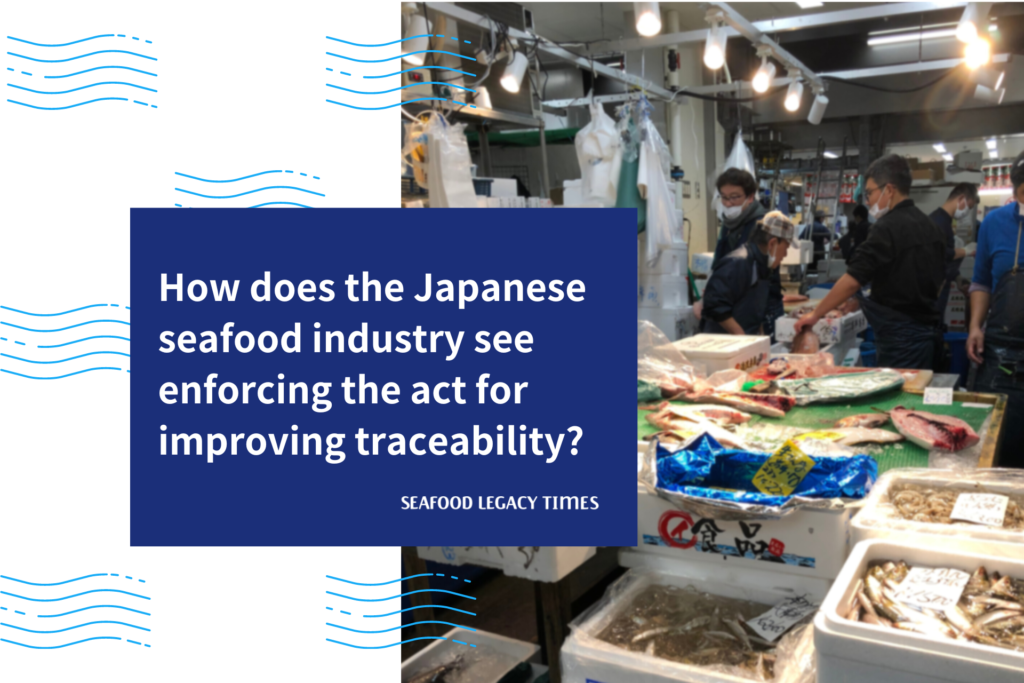



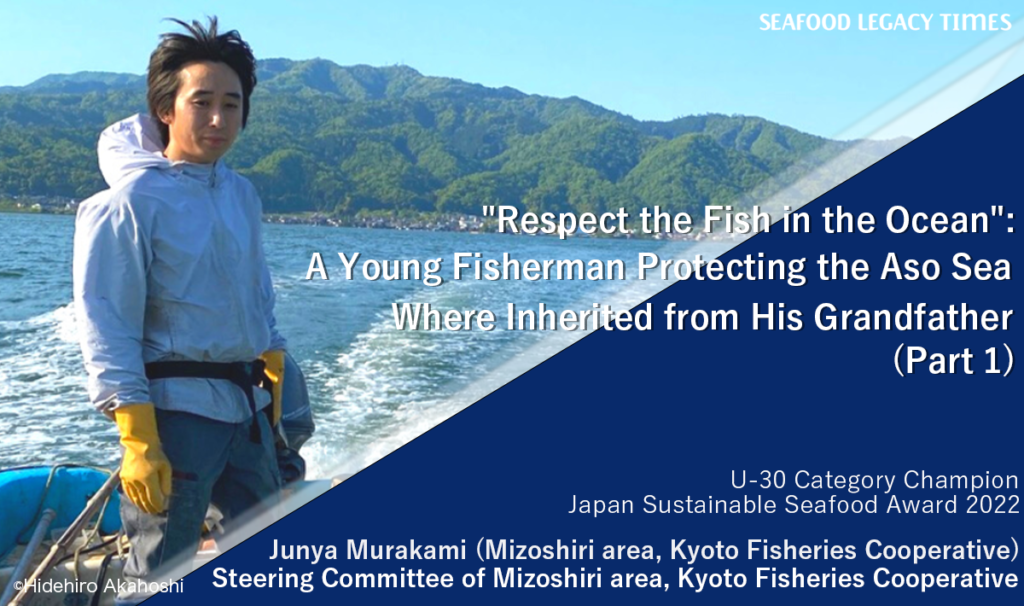
.2-1024x606.png)
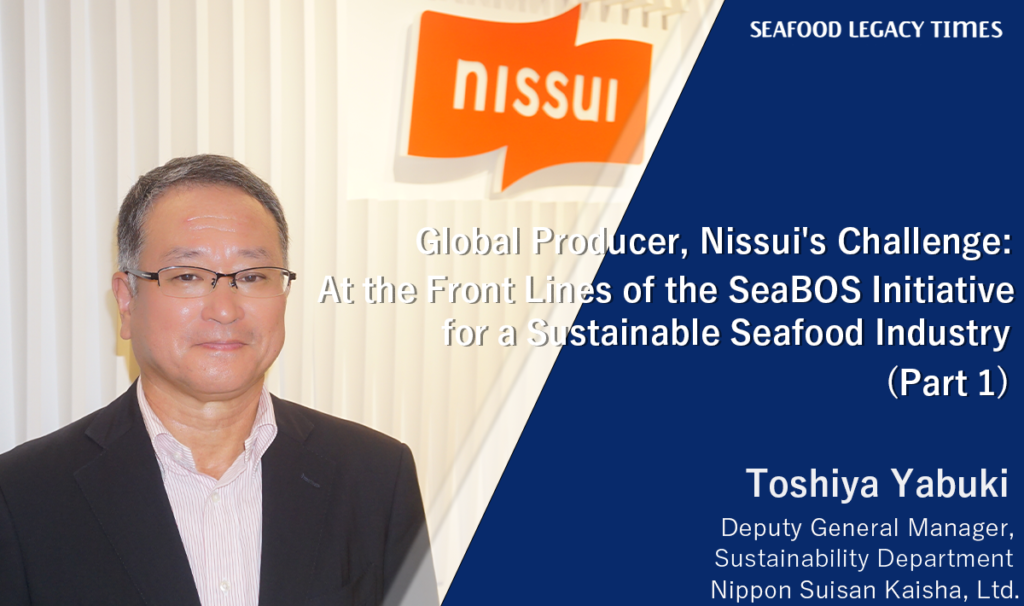
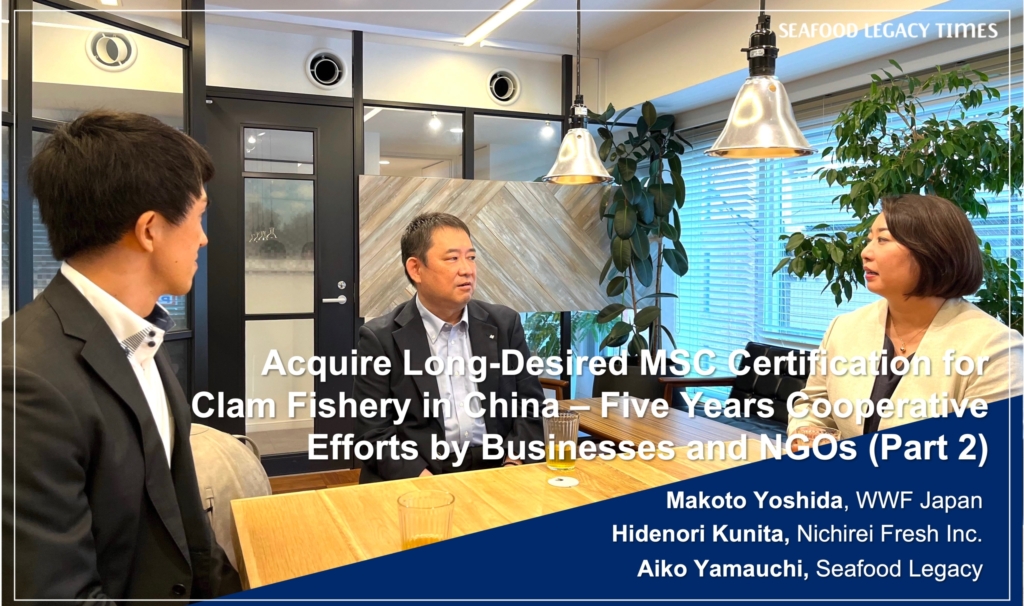
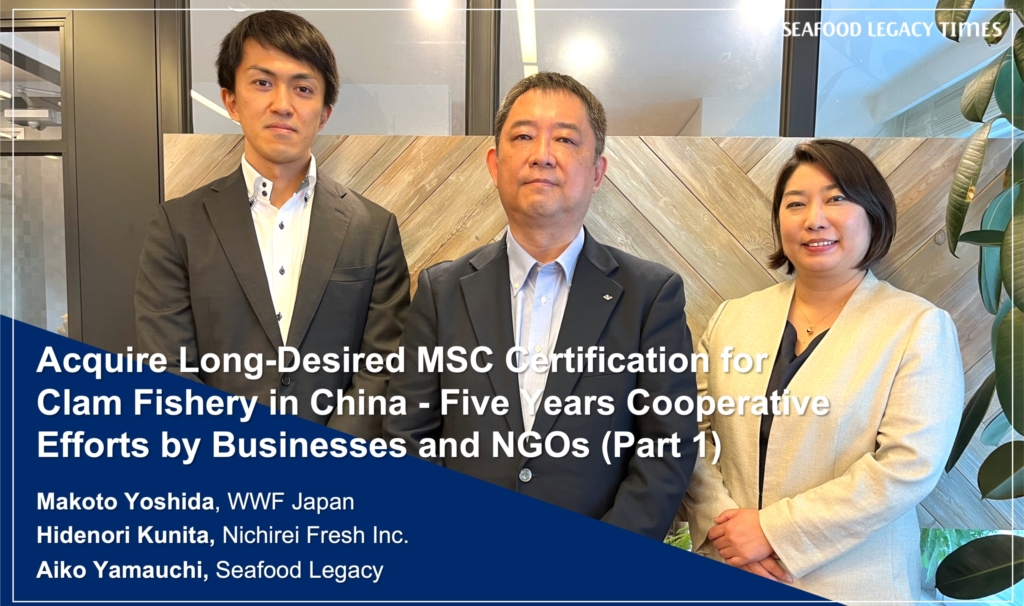






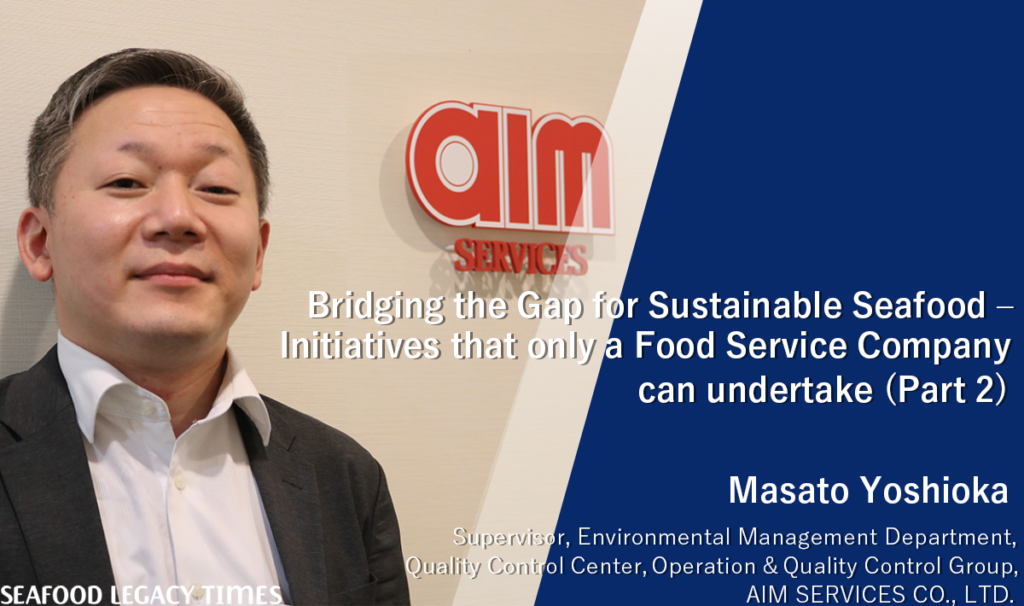
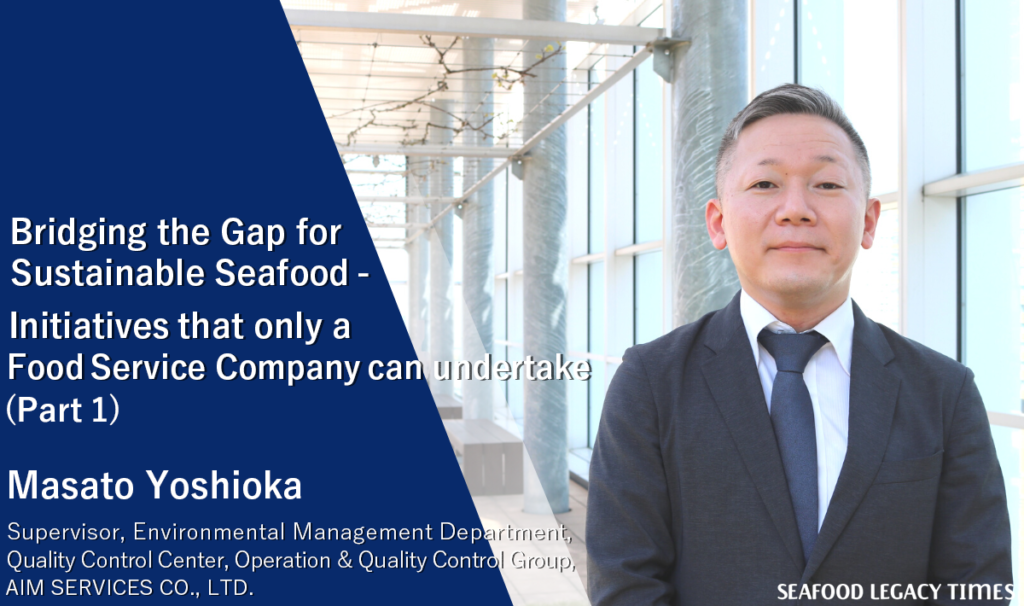
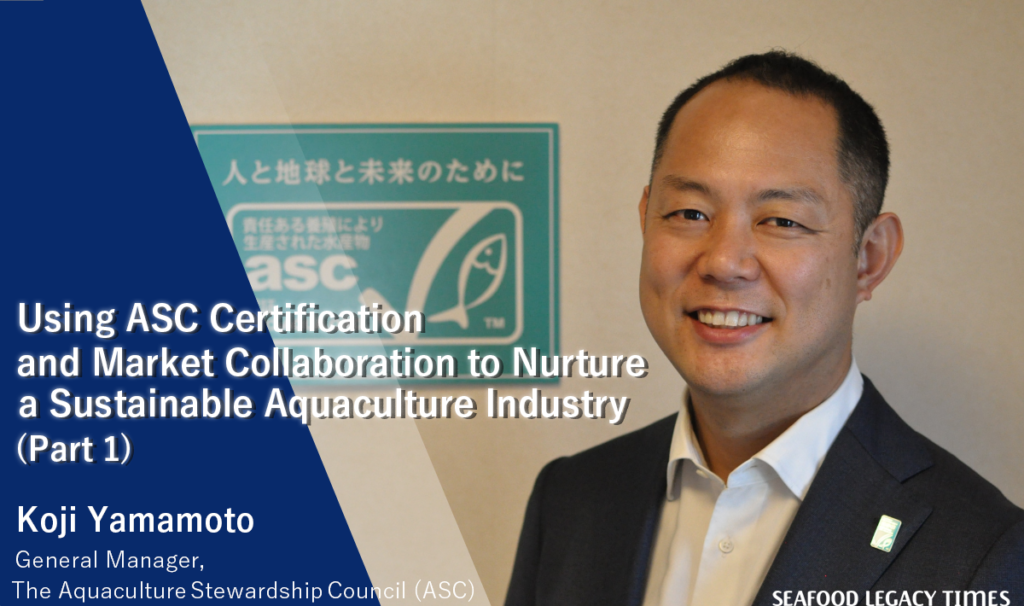
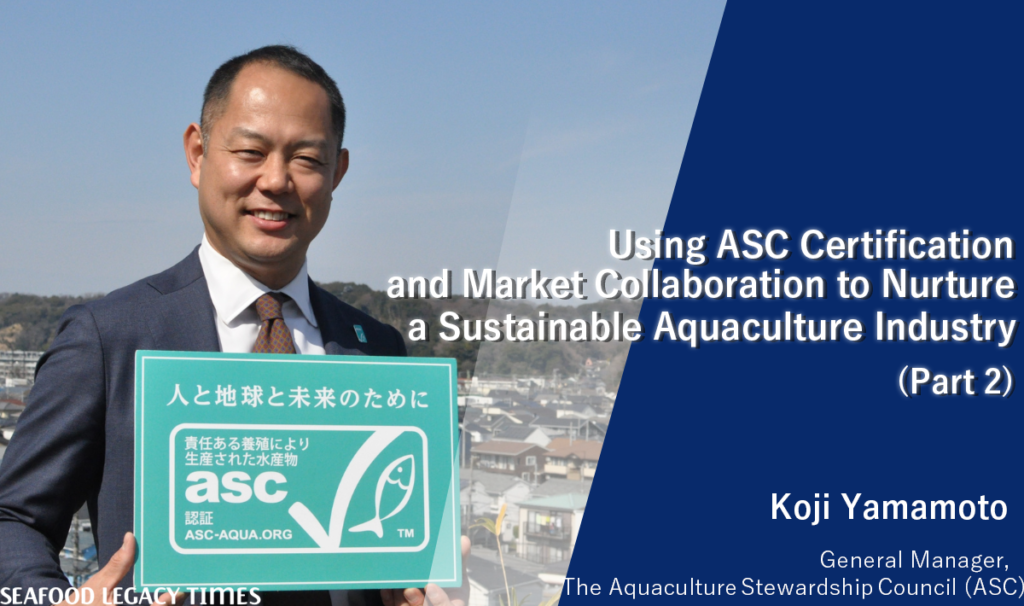
2-1024x606.png)
-1-1024x606.png)
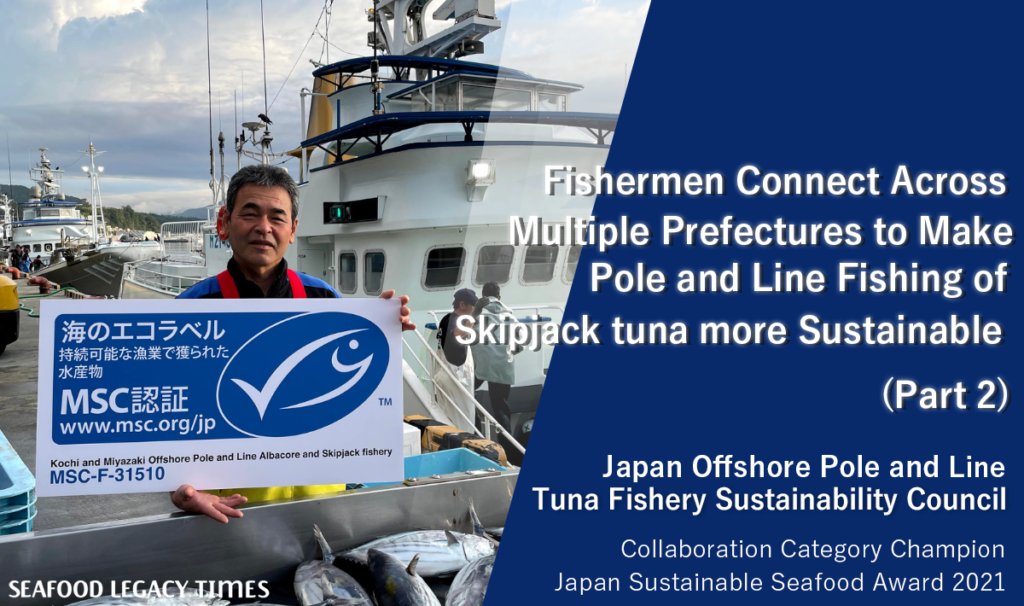
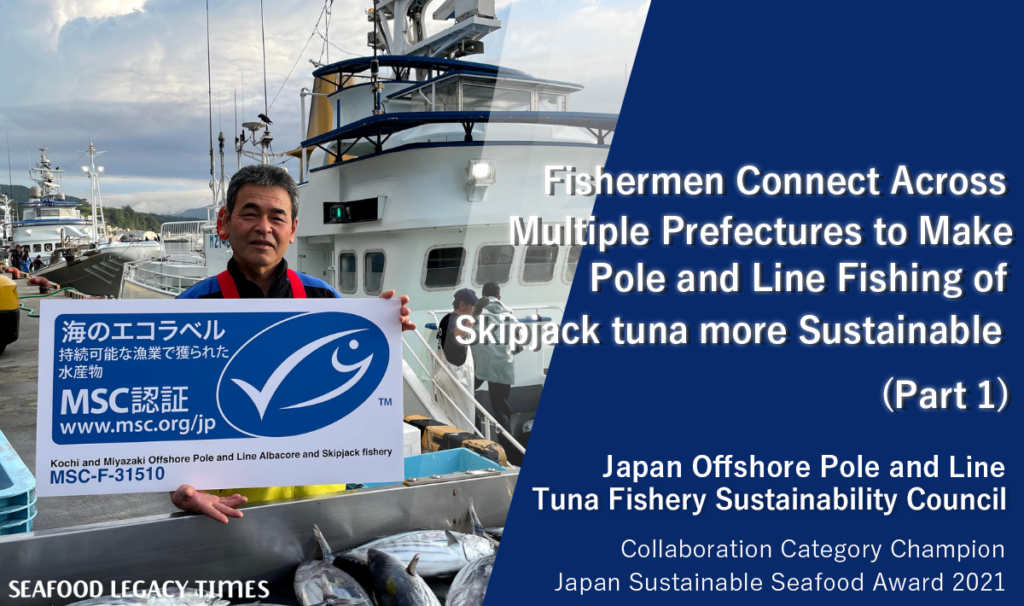
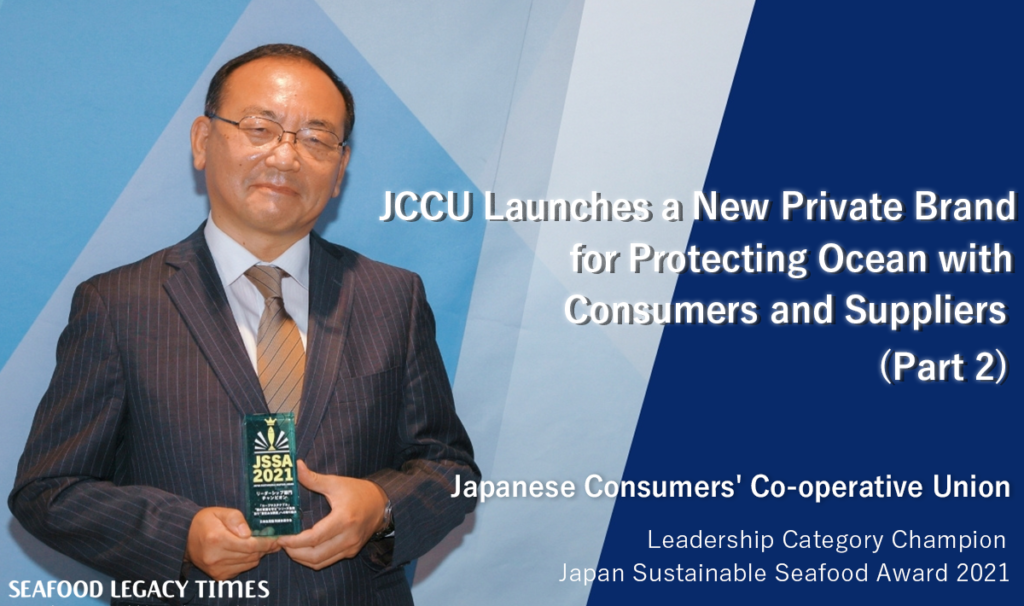
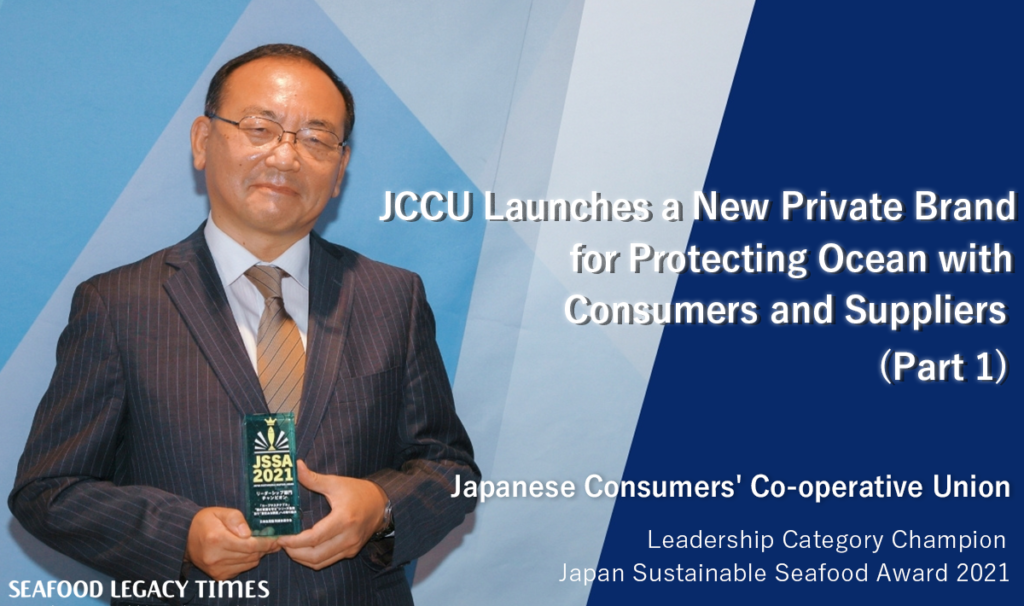
Part2-1024x606.png)
Part1-1024x606.png)
